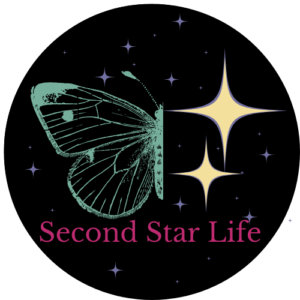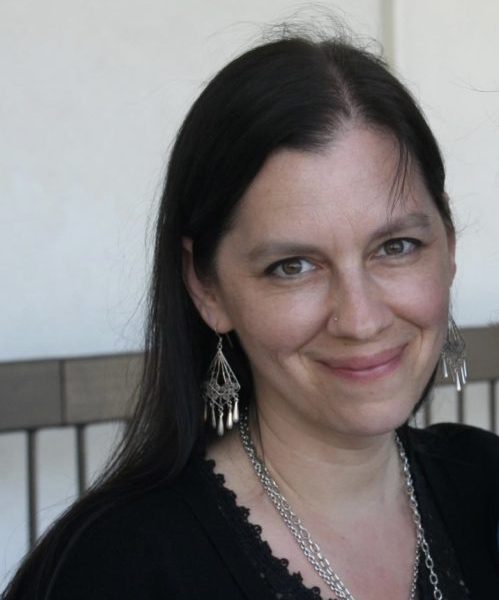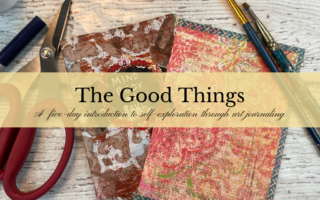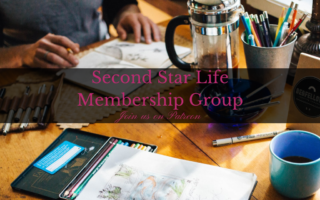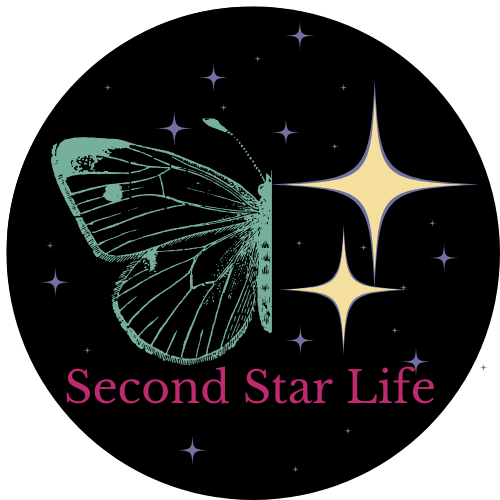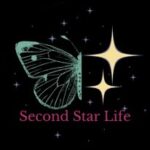I’ve always been interested in identity.
As a child, my family moved house every two years which left me with readjusting to a new environment and local culture over and over again. I became fascinated with how others did things and obsessed with the idea that there are many ways to live. On library day at school I always checked out books about other countries so I could see what foods they ate, what their schools looked like, and maybe even learn a few words in their language.
At university I opted to study sociology as a sort of deep dive into how people work. Later, doing post-graduate work in sociolinguistics, guess what I did my dissertation on? It was language learning and social identity. Yup, more identity! What I found with the participants in my study applies not only to learning languages, but also to everything in life. That is that our social identity (how others see us and how we see ourselves within society) means everything. When we see ourselves in one identity, we live that identity.
Can our identity change? Yes, it can. Can we change it ourselves? Also, yes!
My personal story includes an unfortunate marriage to a covert narcissist, although I had no idea of this term or of what was happening to me until a couple of years after he suddenly and unexpectedly walked out on my son, soon to be adopted daughter (which was then not able to happen), and I one afternoon while my son was at kindergarten. I had no idea what was going on and went into shock for days, collecting my son from kindy while feeling like I was walking a half a metre above the ground. Shock eventually gave way to survival mode, and then I started to realise that life as I’d known it was a complete facade. He had been living a complete lie (and a double life with another woman) and we were living in it.
It took me a long time to understand any of this as I thought, how could he be a narcissist? Aren’t they ostentatious show offs? Well, not covert narcissists. They are characterised by more ambient abuse and control using a lot of gaslighting (brainwashing), passive aggression, and coercive control. They build up their control very slowly over a long time so that the target does not realise at all that this is happening until they are out the other side and are lucky enough to find information. It’s the ‘boil a frog slowly’ method. If you put them in boiling water, they’ll jump out, so you put them in cold and slowly turn up the heat. Because of this, it is not uncommon for someone to be in a long-term relationship with this kind of narcissist. Indeed, for me, it was 23 years and then 6 more before I could get through court to be allowed to leave the country he had trapped us in and get back to family, and finally get my divorce. I felt like he took well over half my life.
Many (mostly) women are trapped overseas by their ex spouses and I am very fortunate to have made it, but not without being left with PTSD symptoms to deal with as well as crippling poverty.
But what has this got to do with identity?
My identity as a mother of two children and a wife to a certain man, and everything else we were supposedly working towards disappeared in an instant. So what WAS my role? Who WAS I if everything I thought I was was based on lies? That person…that “me”, was now gone. Or, I guess, she never truly even existed.
So, I believed I had a certain identity before and now I no longer had that identity. “Who am I now?”, I wondered.
I learned this loss of identity is a common phenomena of people who have been with a narcissist, but later I started to see that any kind of trauma can cause this severe loss of identity. There’s the identity before the change, the diagnosis, the loss, the divorce, the near death experience, etc. … and there is the new identity. But the new identity has to be found (in your core values) and formed (with your beliefs and desires). And, here’s the good news,
YOU get to decide what your new identity is.
I have worked through counselling, support groups, and online cohorts of narcissistic abuse survivors, and each of those things has performed a particularly deep and valuable role in my road to recovery. The other, more internally-based, supportive tools that have kept me afloat have been meditation, breath work, and art. So you can see why I want to share these things.
If I can help others navigate their way into their life 2.0, I will do it.
Second Star Life is named after the directions to Neverland. When you take the second star to the right, you end up in a world made entirely of imagination that is filled with the things you love. There may still be a bit of peril, as real life is not just rainbows and mermaid lagoons, but we only live this life once so why not fill it with everything your heart desires? Life as you know it may be different, but that just means you are free to do things exactly the way you want now. You only need to work on the conceptualisation of what is ideal, and the belief that you can do it.
Art is my favourite way to transport us there because your art contains the essence of you, and you learn and grow from your own art. It’s like some kind of trippy symbiosis and you don’t even have to see yourself as “an artist” to get started. You’ll see.
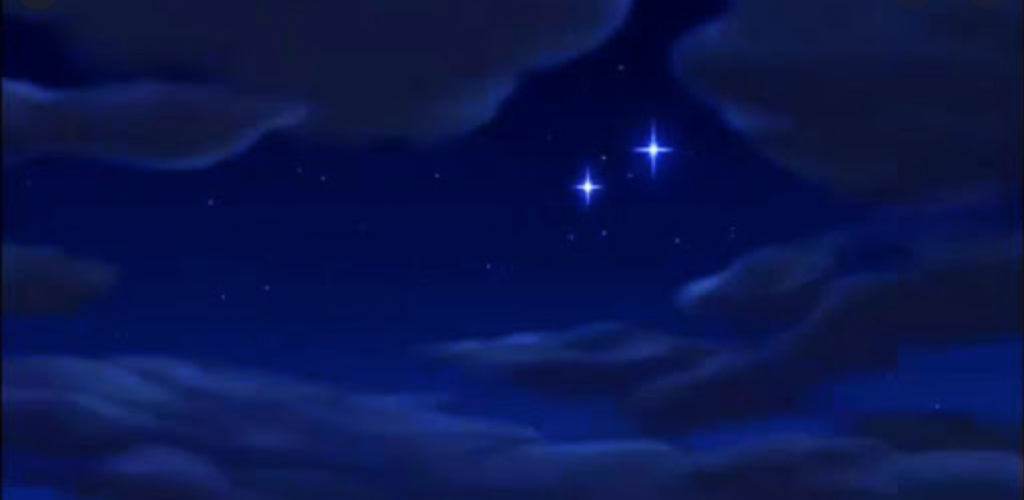
There’s a little more detail about me here.
